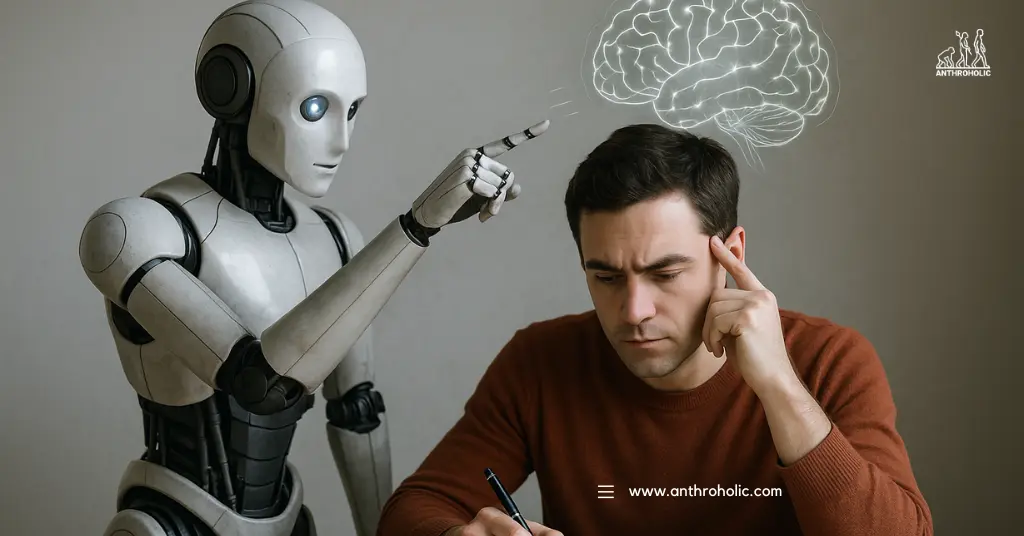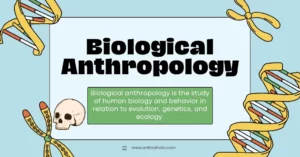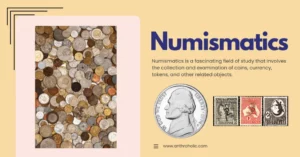AI Answer Evaluation Platform Live Now. Try Free Answer Evaluation Now
How Artificial Intelligence Is Changing the Way Humans Write and Think
The rise of artificial intelligence has brought profound changes to how we express ourselves and shape our thoughts. The intersection of human culture and machine-mediated cognition offers a rich terrain to explore. As machines become collaborators in writing, the implications ripple beyond mere convenience, touching on how our minds form ideas, structure arguments, and engage with others.

AI-driven systems now assist with brainstorming, editing, and even developing creative concepts, reshaping not only the mechanics of how we write but also the deeper cognitive processes behind it. In this context, platforms such as myaiwriter.ai have become accessible tools that structure writing workflows and invite questions about the future of human authorship. Writers use these systems to generate first drafts, refine tone, and overcome creative blocks, often achieving results that feel both efficient and inspired.
The Transformation of Writing in the AI Era
Artificial intelligence has fundamentally redefined what it means to write. What began as simple grammar checkers has evolved into full-fledged generative systems capable of producing essays, poems, and even philosophical reflections. These tools can analyze vast amounts of text and reproduce human-like language, enabling users to co-create content that is both accurate and stylistically polished.
AI prompts can boost writers’ creativity, but may also lead to more similar stories because of how machine suggestions push toward certain patterns. On the one hand, AI enables users to produce more polished writing at scale; on the other, it raises questions about authenticity and the future of original thought.
How AI influences writing style
As AI becomes a writing companion, it starts to shape tone, vocabulary, and narrative flow. Many users unconsciously adapt their writing to align with the style of machine-generated suggestions. This phenomenon demonstrates how AI influences writing style — not through direct control, but through subtle imitation. When humans depend on algorithms trained on vast internet data, they begin to internalize the machine’s sense of balance, coherence, and rhythm. While this can enhance clarity and professionalism, it also risks homogenizing writing, leading to a world where individuality and cultural specificity are less visible on the page.
Rethinking Cognition and Creativity
Writing has always been more than just communication — it’s a form of thinking. As writers put words on paper (or screens), they organize their thoughts, test arguments, and explore emotions. The introduction of AI into this process changes that dynamic. When a writer uses an algorithm to complete a sentence or suggest a metaphor, the cognitive process becomes shared. The mind no longer works alone; it works in tandem with a pattern-recognition engine that has learned from millions of other writers.
This collaboration raises important anthropological questions about the relationship between humans and technology. For instance, how does the presence of AI alter the creative process? Does reliance on machine assistance reduce the mental effort behind crafting ideas, or does it free up mental space for higher-order creativity?
AI prompts affect thought patterns
Recent research suggests that AI prompts affect thought patterns in measurable ways. When writers interact with predictive systems, they often follow the machine’s lead instead of diverging from it. This can subtly shape their reasoning and imagination. In a sense, AI functions as a co-author that nudges human cognition toward particular directions, creating a feedback loop where humans think more like machines. While this can enhance productivity, it may also narrow the diversity of thought and expression if not approached critically.
The Cultural and Anthropological Dimension
AI’s growing influence on writing extends beyond individual cognition into culture itself. Language is deeply tied to identity, power, and worldview — so when technology begins to mediate language, it inevitably touches on cultural and ethical issues. For students of social anthropology for students, the emergence of machine-mediated authorship offers an important lens for studying how societies negotiate authenticity, creativity, and authority in an automated age.
But how can we even tell what writing is truly human in an era of machine assistance? As AI becomes more widespread, the question of voice, authorship and cultural specificity becomes ever more pressing.
The rise of artificial intelligence in creative writing
The field of artificial intelligence in creative writing has expanded rapidly. Writers now use AI tools to brainstorm plots, simulate dialogue, or generate poetry inspired by specific emotions or historical styles. For many creators, this collaboration is liberating — it helps overcome writer’s block and accelerates experimentation. Yet it also creates tension between speed and depth. The ease of producing text can sometimes discourage slow, reflective writing that allows ideas to mature naturally.
For anthropologists, this dynamic reveals a shift in how culture is produced. Storytelling, a fundamental part of human society, is increasingly shaped by systems that have no lived experience, memory, or emotion. Understanding how AI participates in storytelling provides insight into the evolving boundaries between human consciousness and machine logic.
Education, Identity, and the Future of Authorship
In classrooms and universities, AI is reshaping how students learn to write and think. Instead of drafting essays from scratch, students often begin with AI-generated outlines or thesis statements. While this can enhance learning efficiency, it also introduces a dependency that might erode the ability to think critically or write independently. Teachers now face the challenge of helping students use AI constructively, by using its power without surrendering their intellectual agency.
This educational shift mirrors a broader societal trend. As AI becomes integrated into creative processes, authorship itself becomes a shared act. The question “Who wrote this?” is replaced by “Who guided the algorithm?” or “Whose intent shaped the output?” Such questions reflect deeper anthropological concerns about agency, authorship, and identity in an age of automation.
AI writing changes human thinking
There is no doubt that AI writing changes human thinking by transforming the relationship between writer and text. When machines contribute to idea formation, humans begin to internalize algorithmic ways of reasoning — more structured, pattern-based, and efficiency-oriented. This shift could eventually influence how societies value creativity and intellect. In this sense, AI is not merely a technological tool, but a cultural force that redefines how we conceptualize intelligence itself.
Ethical Considerations and Human Balance
As AI’s role in writing grows, so does the need for ethical reflection. Who owns AI-generated text? How should credit be attributed? And what happens when AI-generated misinformation spreads under the guise of authentic writing? These questions challenge legal systems, academic norms, and moral frameworks. For writers, the key lies in maintaining awareness: using AI as an aid, not as a replacement for human curiosity and empathy.
Balancing automation with human depth is essential. Writers who engage critically with AI can harness its power to refine their ideas without losing their unique voices. This balance ensures that human expression remains at the heart of communication — even as technology accelerates it.
Conclusion
Artificial intelligence has not simply made writing faster; it has changed what writing means. By blending human creativity with machine intelligence, we’ve entered a new phase of cultural evolution. The relationship between thought, language, and technology is now intertwined, and this interdependence is redefining how societies create meaning.
For writers, educators, and anthropologists alike, the challenge is to embrace this transformation consciously. By understanding how AI influences writing style, how AI prompts affect thought patterns, and how collaboration with machines reshapes authorship, we can ensure that technology remains a tool for expanding human imagination, not replacing it. In the end, AI is not just changing how we write; it is teaching us to think differently about thinking itself.



